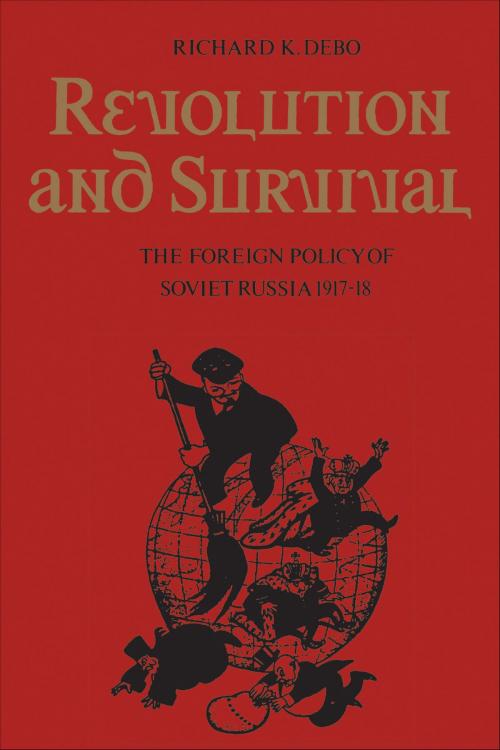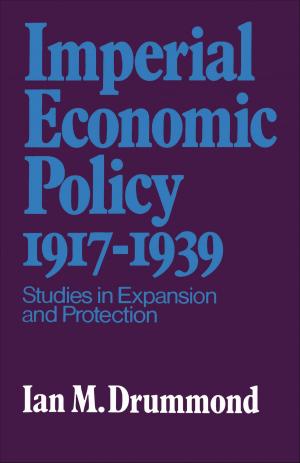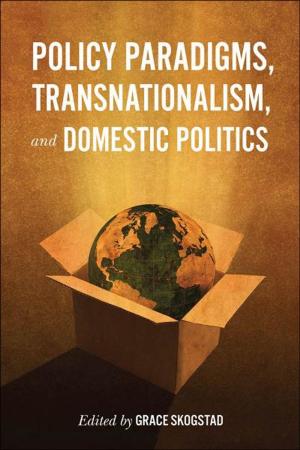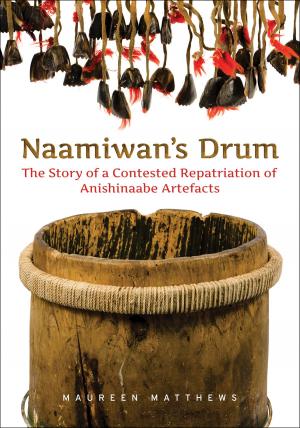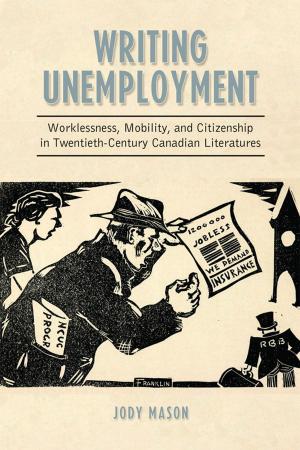Revolution and Survival
The Foreign Policy of Soviet Russia 1917-18
Nonfiction, Social & Cultural Studies, Political Science, Government, Communism & Socialism, History, Asian, Russia, International| Author: | Richard Debo | ISBN: | 9781442638174 |
| Publisher: | University of Toronto Press, Scholarly Publishing Division | Publication: | December 15, 1979 |
| Imprint: | Language: | English |
| Author: | Richard Debo |
| ISBN: | 9781442638174 |
| Publisher: | University of Toronto Press, Scholarly Publishing Division |
| Publication: | December 15, 1979 |
| Imprint: | |
| Language: | English |
This is a highly readable and absorbing account of Bolshevik foreign policy during Lenin's first year in power. In tracing the development of that policy, the book considers both the impact it had on a world torn by war and the effect it had on the Bolsheviks themselves, now no longer engaged in clandestine struggle but in effective state control.
The book explores Lenin's relationship with the various elements of the party – his fruitful, but frequently discordant, relationship with Trotsky in particular – and the way he sought and obtained support for his policies in the tumultuous political circumstances of 1917 and 1918. It studies Lenin's political style as well, in an attempt to explain the shift from his utopianism of 1917 to his hard-headed political realism of 1918.
The analysis focuses on the fundamental questions of how the Soviet state, lacking significant military forces in the midst of a world war, succeeded in surviving the first year of the revolution, and how it survived the new threat of the changed political situation at the end of the war.
Revolution and Survival is the first history of Lenin's foreign policy during this crucial period, and Richard Debo has fused insight with style in a fascinating and authoritative book.
This is a highly readable and absorbing account of Bolshevik foreign policy during Lenin's first year in power. In tracing the development of that policy, the book considers both the impact it had on a world torn by war and the effect it had on the Bolsheviks themselves, now no longer engaged in clandestine struggle but in effective state control.
The book explores Lenin's relationship with the various elements of the party – his fruitful, but frequently discordant, relationship with Trotsky in particular – and the way he sought and obtained support for his policies in the tumultuous political circumstances of 1917 and 1918. It studies Lenin's political style as well, in an attempt to explain the shift from his utopianism of 1917 to his hard-headed political realism of 1918.
The analysis focuses on the fundamental questions of how the Soviet state, lacking significant military forces in the midst of a world war, succeeded in surviving the first year of the revolution, and how it survived the new threat of the changed political situation at the end of the war.
Revolution and Survival is the first history of Lenin's foreign policy during this crucial period, and Richard Debo has fused insight with style in a fascinating and authoritative book.
